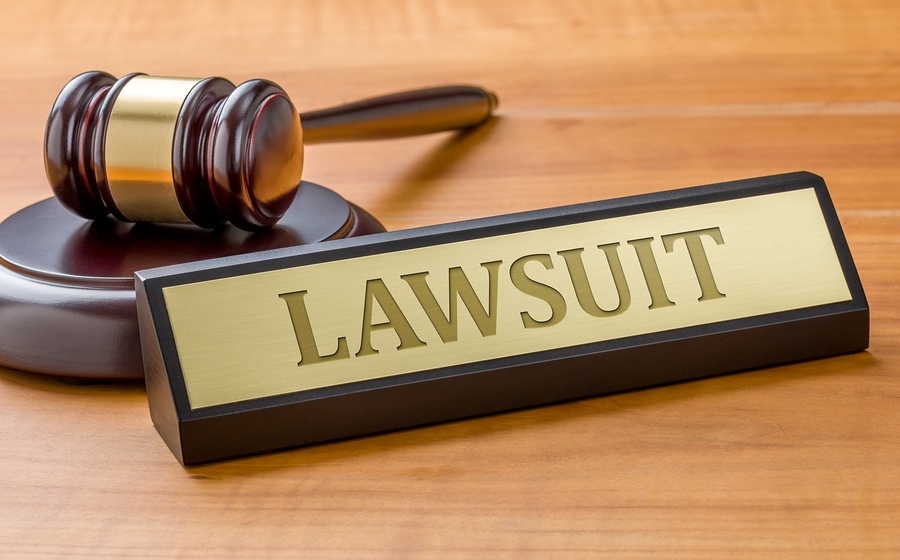The student loan debt crisis is nothing new, but the interest accruing on these loans represents a new threat. Of the 43.3 million borrowers with outstanding federal student loans, 1.8 percent, or 779,000 people, owes $150,000 or more. And 346,000 owe more than $200,000. A Missouri high school teacher and mother of four owes the federal government a staggering $410,000! She took out loans for her undergraduate education, but also for law school, which she was unable to complete after becoming ill with a life-threatening autoimmune disease that required a lengthy hospitalization. Today, the interest has accumulated to twice the original principal. The monthly loan payments of $2,750 will stretch for 30 years.
With her forbearance options exhausted, the loan servicer has threatened to “come after her,” garnishing her wages and eventually her social security. This woman’s story reveals the deep contradictions in the federal government’s approach to student loans. People have always struggled with debt and access to capital is what fuels the modern economy. Borrowing for college is often seen as a good idea because it represents an investment in a person’s future potential. However, borrowing is risky and people often do a poor job- particularly young people- of properly weighing the interests of their present and future selves.
The private enterprise system is built to limit over-borrowing by sharing risk between lenders and borrowers. Lenders examine credit and income histories and ask for collateral that can be repossessed in case of default. Because most loans can be discharged in bankruptcy, lenders share on the cost of default. But federal student loans do not work that way. “No Cash? No Credit? No Problem!” is essentially the Department of Education’s policy on student loans.
The number of active borrowers enrolled in college has declined roughly nine million today from about 12 million in 2010, according to the Federal Reserve Bank of New York. But the total amount of outstanding student loan debt continues to increase, because many borrowers are struggling to pay back their older loans.
Click here to read more on this story.
For borrowers who are struggling with student loan debt, relief options are available. Many student loan borrowers are unaware that they have rights and repayment options available to them, such as postponement of loan payments, reduction of payments or even a complete discharge of the debt. It is important you contact an experienced Miami bankruptcy attorney who can advise you of all your options. As an experienced CPA as well as a proven bankruptcy lawyer, Timothy Kingcade knows how to help clients take full advantage of the bankruptcy laws to protect their assets and get successful results. Since 1996 Kingcade & Garcia, P.A. has been helping people from all walks of life build a better tomorrow. Our attorneys help thousands of people every year take advantage of their rights under bankruptcy protection to restart, rebuild and recover. The day you hire our firm, we will contact your creditors to stop the harassment. You can also find useful consumer information on the Kingcade & Garcia website at www.miamibankruptcy.com.



